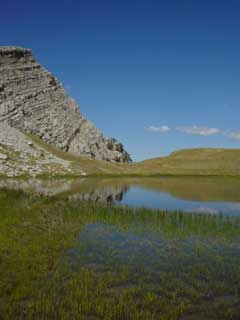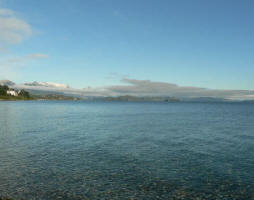Topics
- Regional water observation mechanism
- Regional Cooperation Assessment
- Water Quality Monitoring (JP)
-
Water scarcity and drought (JP)
- WG meeting, Madrid, 2010-02-17
- Water Scarcity Private Area
- WG meeting, Seville, 2007-06-19
- WG meeting, Brussels, 2006-09-26
- Water Scarcity and Drought Survey (2007)
- Phase I documents 2004-2006
- EU WG on Water Scarcity and Drought
- 20100217
- Background documents
- Desertification, Drought and water scarcity
- EC Expert group on WS&D meeting, Venice 13-14 October 2011
- Halting desertification in Europe
- Water Security
- Groundwater (JP)
- Waste water reuse (JP)
- Shared Water Resources Management (JP)
- Linking rural development and water management (JP)
- Waste management
- Water institutions
- Climate Change
- Floods
- Desalination
- Right to Water
- Irrigation
- Satellite data
- Water reports & data
- Hydrology
- Sanitation
- Gender and IWRM
- ArabWAYS
- Non-Revenue Water
- Virtual Water & Water Footprint
- WANA Water Panel
- Water Demand
- Water Governance
- Water Pricing
- Water accounts
- Water nexus Energy
- Geosciences
- Rural Management
 Water scarcity working group - overview
Water scarcity working group - overview
| Released | 22/03/2006 |
|---|
Water scarcity is the main challenge that Mediterranean countries face.
Main Mediterranean specificities
- Most of the areas are characterised by a semi-arid/arid climate, which enhances water scarcity, where rainfall is main source of recharge
- Competition is high between various uses, especially agriculture and tourism in an area which relies on both for its GDP.
- Need to invest in non-conventional water resources to meet the gap between water and supply
- Possibility to use renewable forms of energy
Main challenges
- Unsustainable water management
- Over exploitation and water pollution
- Climate change impact
- Lack of adequate drought and water resources planning
- Complex hydro-political situation and lack of water agreements
Main recommendations
- Development of comprehensive long-term drought preparedness policies and action plans
- Development of coordination at EU level
- Development of knowledge on specific issues:
- Conduct research on the impact of climate change in the Mediterranean
- Raise public awareness on water scarcity and sustainable use of water
- Application of integrated water resources management
- Greater coordination among water users and across basins
Main particularities with regard to the WFD
- the directive is a “framework for the protection of waters which prevents further deterioration” (art. 1.a; art.4);
- the directive contributes to mitigate the effects of droughts (art. 1.e);
- water quantity can have a strong impact on water quality and therefore on the achievement of good ecological status;
- a “good quantitative status” is required for groundwater; a balance between abstraction and recharge must be ensured. Furthermore, groundwater levels should not be subject to anthropogenic alterations that might have impacts on surface waters.
 you are not logged in
you are not logged in





